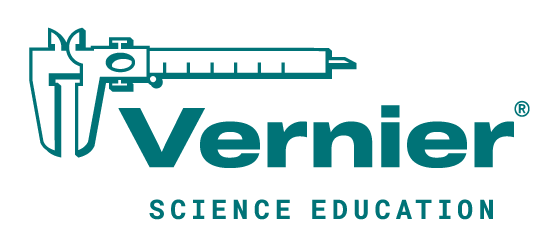Vernier sensors have been used for exciting data-collection activities in some interesting locations over the years. We can now count Antarctica among these. From January 5 to February 7, 2001, chemistry teacher Kevin LaVigne from Hanover HS, NH, participated in a program called “Teachers Experiencing Antarctica and the Arctic.” Kevin joined a research team under the direction of Drs. Ross Virginia (Dartmouth College) and Diana Wall (Colorado State University) that is studying life in extreme environments. This team is conducting on-going research into the Antarctic nematode community and the soil chemistry that supports this community.
One of the tests Kevin performed involved monitoring soil pH at 15-minute and 2-hour intervals. He quickly realized that the pH meter that had been sent to the site for this purpose was not performing at the level required to collect the necessary data. Fortunately, Kevin had a LabPro and a Vernier pH Sensor with him. The probe was used to collect over 200 soil pH readings, and Kevin was asked to leave it behind so that it would be available for the team to use next year!
The TEA (“Teachers Experiencing the Antarctic and the Arctic”) program is supported and directed by the Army Corps of Engineers Cold Regions Research and Engineering Laboratory, Rice University, and the American Museum of Natural History. Additional funding is provided by the National Science Foundation. If you would like more information about Kevin’s experiences or about TEA, check out http://tea.rice.edu/tea_lavignefrontpage.html.
